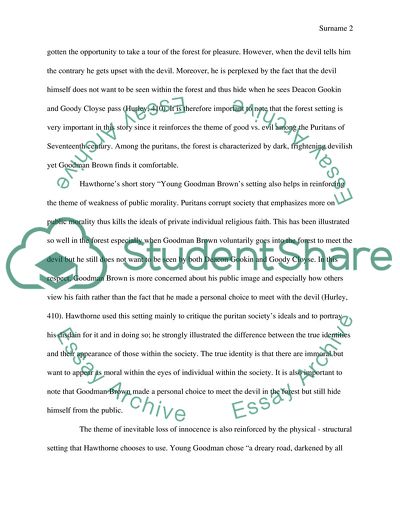

“Resistance to Civil Government”, “What to the Slave is the Fourth of July”, and “Bartleby, The Scrivener: A Story of Wall Street” share both common and contrasting ideas that ultimately represent the overarching theme of equality. Thoreau, Douglass, and Melville have all created many influential pieces that have shaped America.Īll three authors argued for equality amongst the people of the United States, and were extremely inspiring to their revolutionary ideas. Melville was a big advocate for equality, and more specifically supported the fight against social injustice. Melville ended up writing the literary masterpiece “Bartleby, The Scrivener: A Story of Wall Street” that symbolically held a hidden message of a greater social problem. Influenced by Nathaniel Hawthorne and William Shakespeare, Melville went on to become an important writer who “had mastered ‘the great Art of Telling the Truth”. Herman Melville was unusually unpopular author in his time, but he wrote literary pieces that are influential and marveled at today. This speech brought awareness of the hypocrisy and injustice slaves were facing in the U.S. Douglass ended up giving the speech “What to the Slave is the Fourth of July?” Douglass shamelessly attacked American racism and more specifically slavery, and promoted all means of revolution including violence. Douglass vigorously supported equality for all, and even supported and lectured for women’s rights.

Sharing traits with the other slaves he could relate to them like not other strengthening his persuasion amongst them. However, Douglass had become one of the most important and influential abolitionists of the 19th century. However, throughout that time Douglass was a known fugitive due to illegally escaping slavery. The essay brought an unfound awareness of Civil Rights and made gains towards independence.īorn a slave in 1818, Frederick Douglass had remained a slave until freedom was granted to him in 1865. However, the essay proved to be very influential, and ahead of its years. “Resistance to Civil Government” was not initially popular and was even viewed as radical due to Thoreau’s completely new intrinsic views. Thoreau wrote the very controversial essay in “Resistance to Civil Government”. Thoreau then developed his own original writings that support the antislavery revolution. After time Thoreau’s writings were influenced by Emerson and other transcendentalists. Visionary author Henry David Thoreau was born and lived in Concord, Massachusetts where he later met another influential author in Ralph Waldo Emerson.


 0 kommentar(er)
0 kommentar(er)
